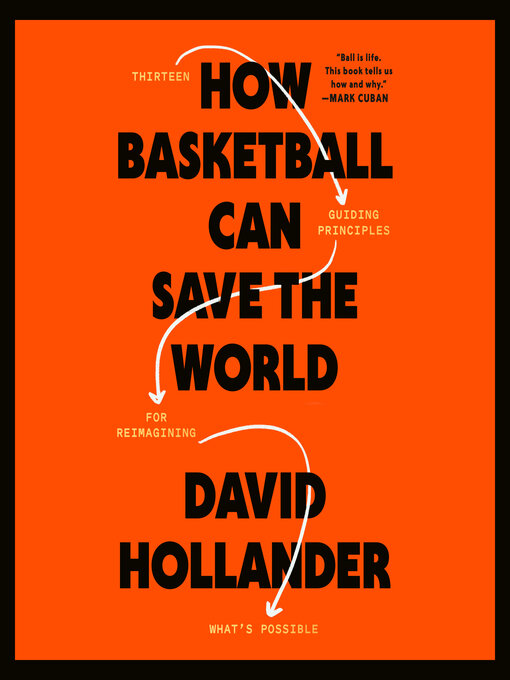NBA and WNBA superstars, Hall of Fame players, coaches, and leading cultural figures have all dropped by New York University Professor David Hollander’s course “How Basketball Can Save the World” course to debate and give insights on how the underlying principles of the game can provide a new blueprint for addressing our diverse challenges and showing what’s possible beyond the court.
Now, in How Basketball Can Save the World, Hollander takes us out of the classroom to present a beautiful new philosophy with contributions by many of his past guests and based on values inherent to basketball, such as inclusion and the balancing of individual success with the needs of the collective. These principles move us beyond conflict and confusion toward a more harmonious and meaningful future:
Whether you’re a seasoned veteran of the game or have never set foot on a court, How Basketball Can Save the World will empower you to become more resilient, tolerant, and wise in your relationship with yourself, others, and the world around you.

